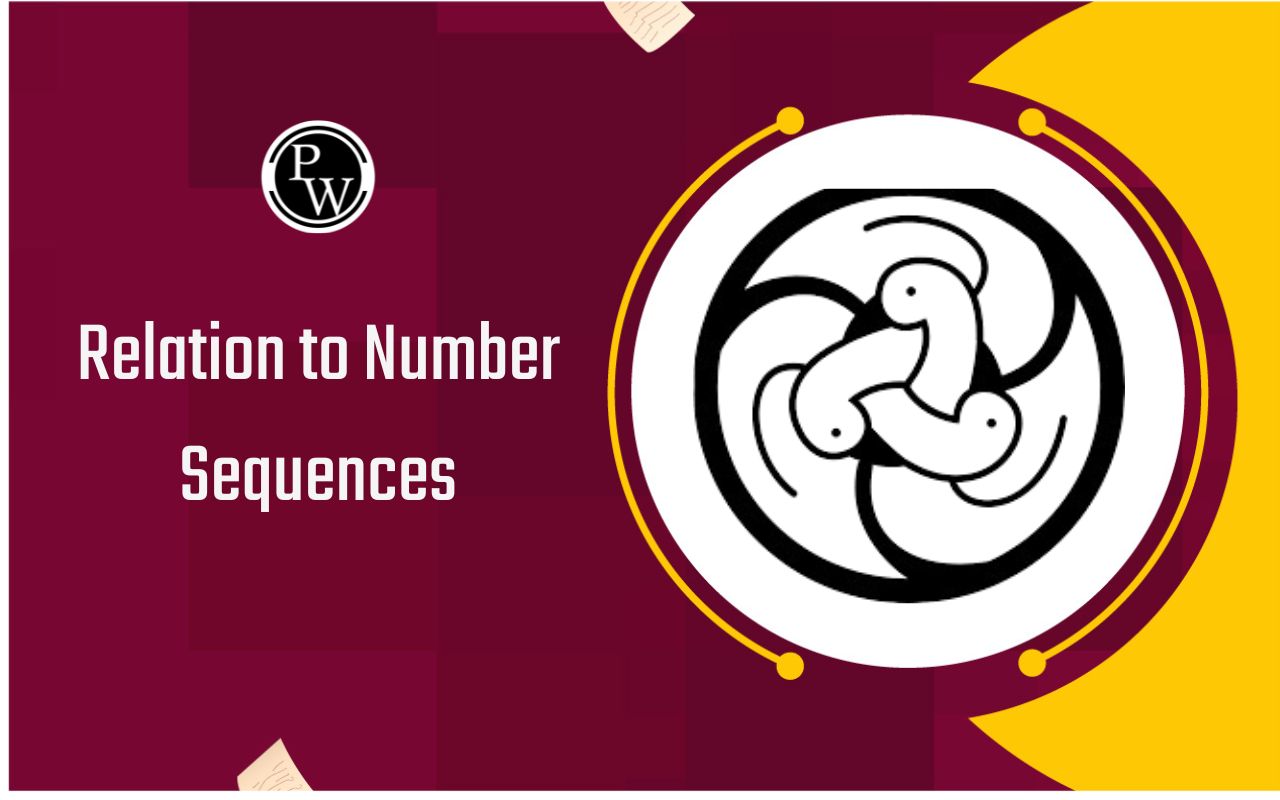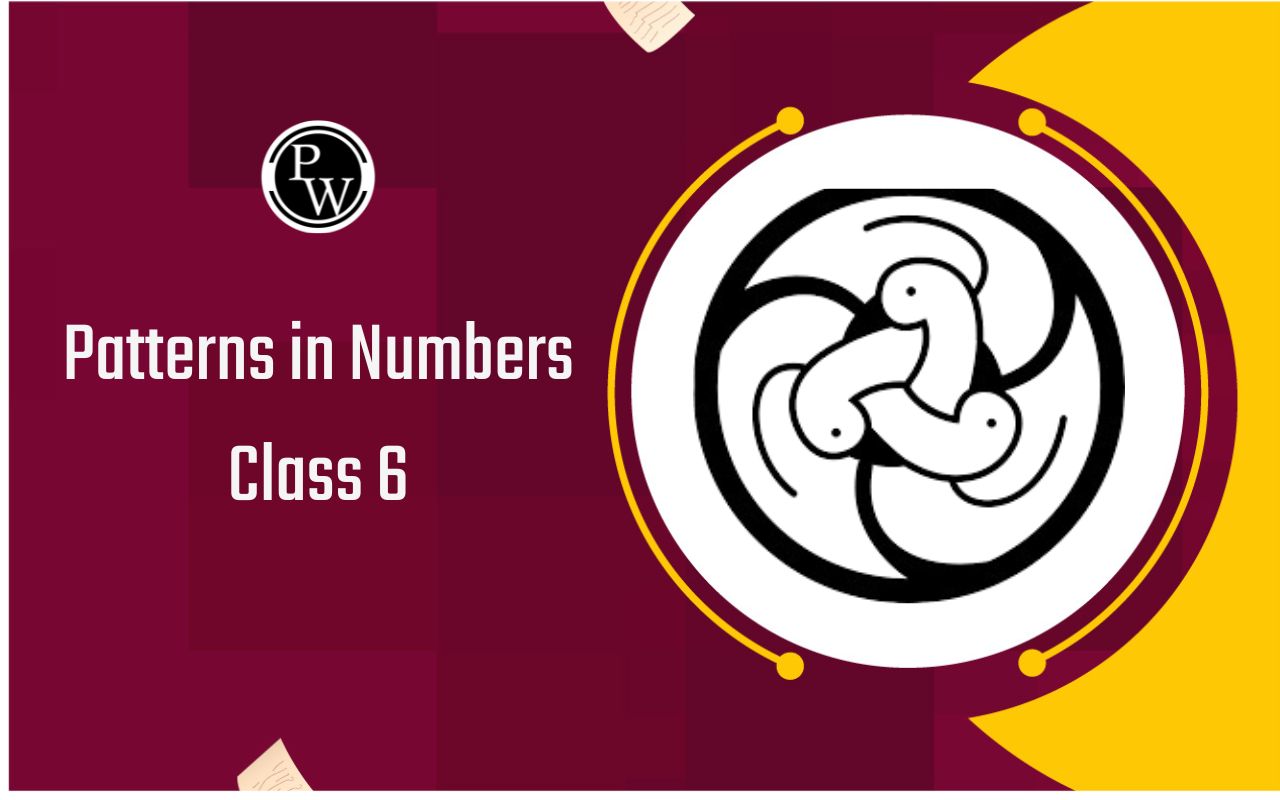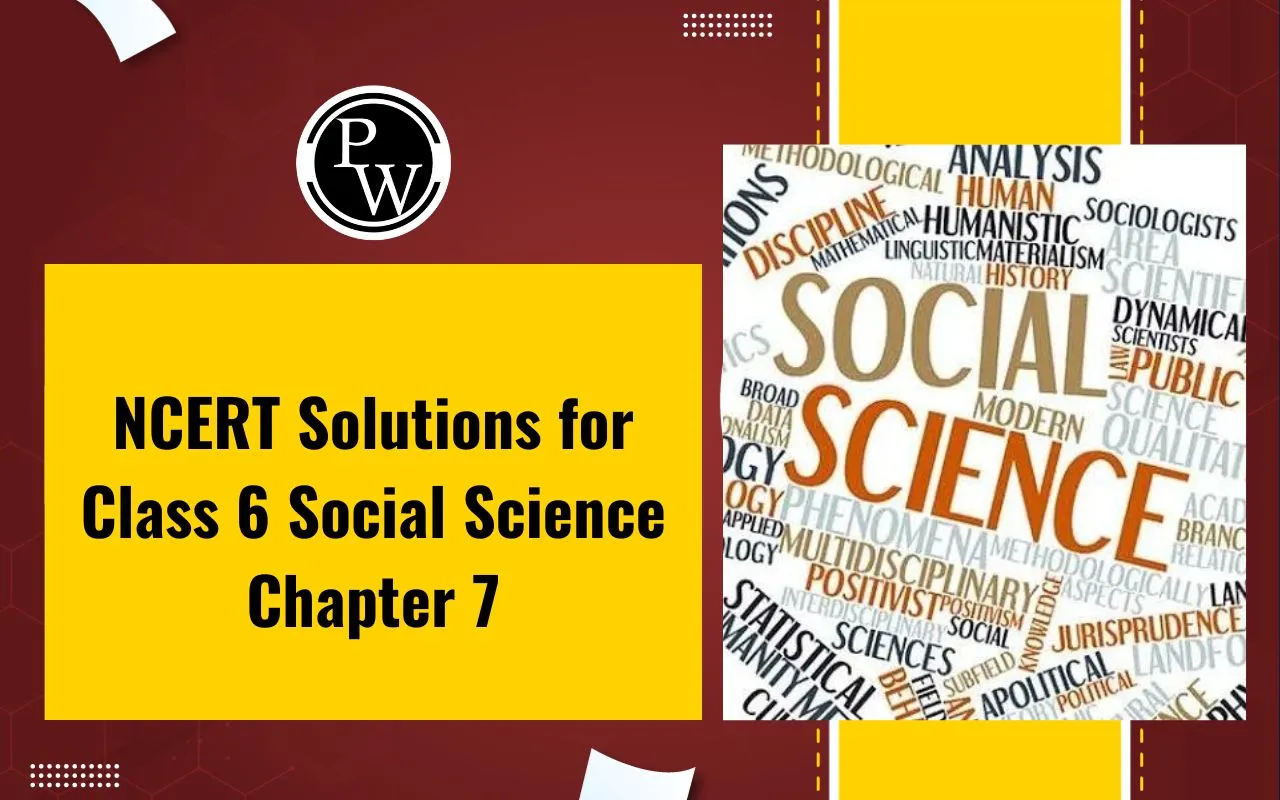
CBSE Class 6 Science Syllabus for 2025-26: The Central Board of Secondary Education (CBSE) has released the Class 6 Science Syllabus for the academic year 2025.
This updated syllabus is created to promote scientific thinking and curiosity among students by introducing them to fundamental concepts in an engaging and practical manner.
It includes 12 chapters that cover a balanced mix of topics from biology, physics, and chemistry, along with everyday applications. The syllabus emphasizes hands-on learning, observation, and critical thinking, making science both informative and enjoyable for young learners.
CBSE Class 6 Science Syllabus 2025-26
The CBSE Class 6 Science Syllabus for 2025 introduces an easy and interesting approach to help students understand and connect with the world around them.
With a focus on observation, inquiry, and hands-on learning, the curriculum is created to build curiosity and a scientific mindset in young learners. The following table provides chapter wise CBSE Class 6 Science Syllabus CBSE class 6 Science syllabus in the table given below:
|
Chapter Number |
Chapter Name |
|
Chapter 1 |
The Wonderful World of Science |
|
Chapter 2 |
Diversity in Living World |
|
Chapter 3 |
Mindful Eating: A Path to a Healthy Body |
|
Chapter 4 |
Exploring Magnets |
|
Chapter 5 |
Measurement of Length and Motion |
|
Chapter 6 |
Material Around Us |
|
Chapter 7 |
Temperature and its Measurement |
|
Chapter 8 |
A Journey through States of Water |
|
Chapter 9 |
Methods of Separation in Everyday Life |
|
Chapter 10 |
Living Creatures: Exploring Their Characteristics |
|
Chapter 11 |
Nature’s Treasures |
|
Chapter 12 |
Beyond Earth |
CBSE Class 6 Science Syllabus Chapter Wise Overview
Here’s a brief overview of the CBSE Class 6 Syllabus. It covers a variety of topics that introduce students to the wonders of science, from the diversity of living organisms to the exploration of outer space.
Chapter 1: The Wonderful World of Science
This introductory chapter helps students understand what science is and why it's important.
It discusses the role of science in daily life, from helping us solve problems to improving the way we live. It encourages students to think scientifically and ask questions about the world around them.
Chapter 2: Diversity in Living World
In this chapter, students are introduced to the rich diversity of life on Earth. It covers the different types of organisms—plants, animals, fungi, and microorganisms.
The classification system, based on characteristics and properties, will be discussed. Students will learn to distinguish between various living organisms and understand their roles in the ecosystem. This chapter encourages appreciation for biodiversity and the interdependence of species.
Chapter 3: Mindful Eating: A Path to a Healthy Body
This chapter focuses on the concept of mindful eating and how it affects our health. It explains the importance of eating a balanced diet, the different food groups (carbohydrates, proteins, fats, vitamins, and minerals), and the role of nutrition in maintaining a healthy body. Students will also learn about the consequences of poor eating habits and the importance of maintaining a proper diet for overall well-being.
Chapter 4: Exploring Magnets
Magnets and their properties are explored in this chapter. Students will learn about magnetic forces, magnetic fields, and the difference between magnetic and non-magnetic materials. The chapter includes hands-on experiments to help students understand how magnets attract or repel objects. Students will also study the use of magnets in everyday life and their applications in technology, like in electric motors and compasses.
Chapter 5: Measurement of Length and Motion
This chapter focuses on the fundamental concepts of length and motion. Students will learn how to measure length using various tools like rulers and tape measures. They will also understand the basic concepts of motion, including speed, distance, and time. The chapter introduces the concept of units of measurement (meters, centimeters, kilometers) and how to calculate the speed of moving objects. Practical activities and experiments will reinforce the learning.
Chapter 6: Material Around Us
In this chapter, students will explore different materials present around them. They will study their properties such as texture, hardness, and flexibility. Students will also learn about the classification of materials into solids, liquids, and gases. The chapter provides an understanding of how materials interact with each other and the environment. Students will engage in practical experiments to observe and categorize the materials they encounter daily.
Chapter 7: Temperature and Its Measurement
The focus of this chapter is on understanding temperature and how it is measured. Students will learn about thermometers and the scales used to measure temperature, such as Celsius and Fahrenheit. They will also study how temperature affects the state of materials, like water changing from liquid to solid (freezing) or from solid to liquid (melting). The chapter helps students grasp the concept of heat transfer and temperature variation in different environments.
Chapter 8: A Journey through States of Water
Water exists in three main states: solid, liquid, and gas. This chapter delves into the properties of water in each of its states. Students will learn how water can change from one state to another, through processes like freezing, melting, and evaporation. The chapter emphasizes the water cycle, helping students understand the movement of water in nature through evaporation, condensation, and precipitation. This chapter connects science with real-world phenomena such as rainfall and the formation of clouds.
Chapter 9: Methods of Separation in Everyday Life
This chapter explores the various methods used to separate different substances in daily life. Students will learn about techniques like filtration, evaporation, distillation, and magnetism to separate solids from liquids or other substances. These methods are not only used in science laboratories but also in household tasks, like separating salt from water or purifying drinking water. Hands-on experiments and real-life applications will reinforce these concepts.
Chapter 10: Living Creatures: Exploring Their Characteristics
In this chapter, students learn about the characteristics of living organisms. They will study how living things grow, reproduce, and respond to their environment. The chapter also covers how living creatures are classified based on their features, such as whether they are vertebrates or invertebrates.
Chapter 11: Nature’s Treasures
In this chapter, students will study the natural resources that Earth provides, such as water, air, soil, minerals, and plants. The chapter focuses on the importance of these resources for human survival and the need for conservation. Students will learn about renewable and non-renewable resources and the impact of human activities on the environment. The chapter encourages sustainable practices and the protection of natural treasures to ensure their availability for future generations.
Chapter 12: Beyond Earth
The final chapter takes students on a journey beyond Earth. It introduces the concept of the universe and the celestial bodies that exist beyond our planet, including the Sun, Moon, planets, stars, and galaxies. Students will learn about the solar system, its components, and the mysteries of outer space. The chapter also discusses space exploration and the advances in technology that have allowed us to study the universe. This chapter sparks curiosity about astronomy and encourages students to think beyond the Earth.
Preparation Tips for CBSE Class 6 Science
Here are some preparation tips to help you succeed in CBSE Class 6 Science:
Here are some preparation tips to help you succeed in CBSE Class 6 Science:
1. Understand the Syllabus
-
Go through the entire syllabus and understand the topics covered. This will help you plan your study time efficiently.
-
Refer to your textbook and NCERT materials for the exact topics and concepts.
2. Focus on Conceptual Clarity
-
Science is all about understanding concepts. Focus on grasping the basic concepts rather than rote learning.
-
If you find a topic difficult, break it into smaller parts and study them step-by-step.
-
Use diagrams and visuals to understand the topics better, especially in chapters like "Exploring Magnets" and "States of Water."
3. Make a Study Plan
-
Create a timely and balanced class 6 study plan. Dedicate time for each chapter, and don't leave anything for the last minute.
-
Revise regularly: Allocate a few minutes each day to revise previously studied topics.
4. Use Active Learning Techniques
-
Practice solving exercises from your textbook and additional worksheets.
-
Teach someone else what you have learned. Explaining concepts helps in better understanding and retention.
-
Watch educational videos or tutorials on YouTube related to your chapters. Visual learning can help solidify concepts.
5. Practice Diagrams and Labeling
-
In chapters like "Exploring Magnets," "States of Water," and "Diversity in Living World," you may need to draw and label diagrams.
-
Practice drawing and labeling diagrams like the structure of a magnet, the water cycle, and plant or animal cells.
CBSE Class 6 Science Syllabus 2025-26 PDF
The CBSE Class 6 Science syllabus is designed to help students grasp fundamental scientific concepts, rules, and discoveries. This syllabus holds great significance for Class 6 students as it covers intriguing topics such as light, motion, living organisms, and more. It equips students with the skills to observe and approach things practically. In addition to learning scientific theories, students get hands-on experience with practical experiments, sparking their curiosity about the world of science. Students can download CBSE Class 6 Science Syllabus 2025 PDF through the link given below.| Related Article Links | |
| CBSE Class 6 Maths Syllabus | CBSE Class 6 Social Science Syllabus |
| CBSE Class 6 English Syllabus | NCERT Solutions for Class 6 Maths |
| NCERT Solutions for Class 6 Hindi | |
Do you need help with your homework or preparing for exams?
Study without using the internet
CBSE Class 6 Science Syllabus FAQs
How many chapters are available in the CBSE class 6 Science syllabus?
Can students get full marks with the CBSE class 6 Science syllabus?
How many hours should a student dedicate every day to complete the CBSE class 6 Science syllabus?
Why is the CBSE class 6 Science syllabus important for CBSE class 6 students?








